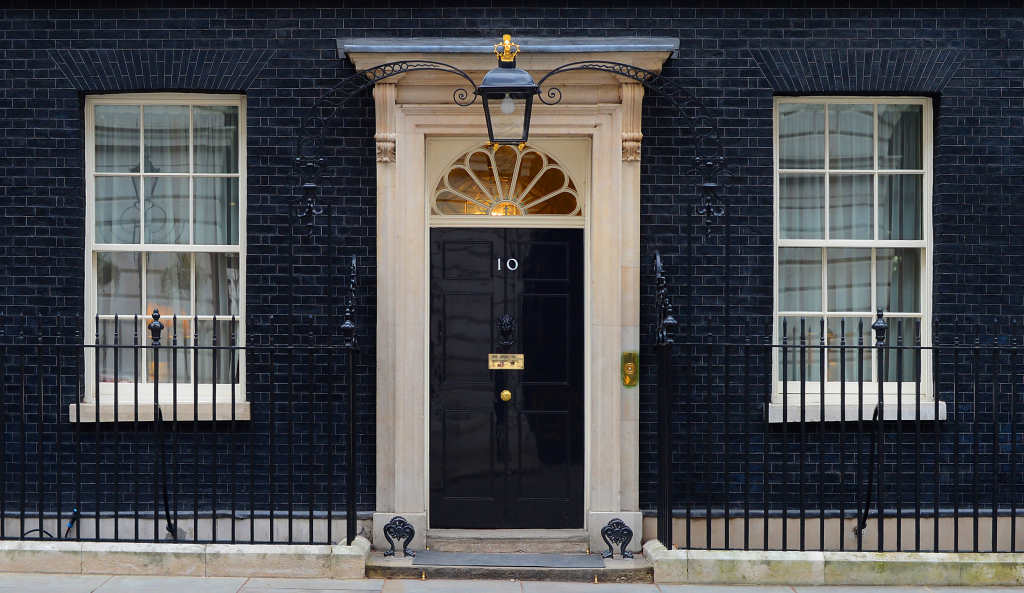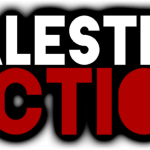Amidst the confusion and controversy wrought by the coronavirus – and then by the war in Ukraine – Boris Johnson’s government kept pushing its longer term agendas, often with minimal scrutiny from much of the media and the public.
In July 2021 it used its overwhelming majority to pass laws in the House of Commons that would allow police to curb the right of protest and could endanger freedom of expression – although this legislation was still being debated in spring 2022 after defeats in the House of Lords and awaited final approval.
And with the return of Parliament in autumn 2021 it had plans for a number of other measures that similarly could threaten free speech, the ability of journalists to do their job, and human rights:
– changes to the Official Secrets Act that could curtail investigative reporting and threaten whistleblowers
– repealing the law that requires Parliament to sit for a fixed 5 year term, thus allowing a prime minister to call an election whenever he or she wants
– new online safety laws which cabinet ministers claimed were meant to protect online users and control the power of tech giants like Facebook and Google but critics say threaten free speech and give the government wider control on censorship.
– the nationality and borders bill that would strip refugees arriving here via irregular routes of full rights and introduce offshore processing centres for people seeking asylum in the UK. The House of Lords twice rejected multiple draconian measures in the bill.
Earlier, in 2020, it started revamping the civil service – replacing a series of key civil servants including the top one – and pursuing a hard Brexit, including the appointments of controversial former Australian prime minister Tony Abbott as a trade adviser and hardline Brexit negotiator David Frost as a cabinet minister.
Despite repeated questions about many of the government’s actions through the pandemic, the Johnson government managed to avoid any comprehensive inquiry into lockdown policies, questionable contracts and spending, protection for both health care workers and vulnerable care home patients, and testing and prevention programs.
Journalists carried much of the responsibility for scrutinising the UK government in the first three months of the year as opposition parties struggled to come to terms with the Conservative government’s surprise sweep of seats in December’s election muting much opposition scrutiny, first of Brexit and then of the virus crisis, as they were overwhelmed by a combination of the election result, government manoeuvring, and the complexity of both major issues.
The main opposition Labour party was without an effective leader until early April when Keir Starmer was elected.
Police Bill
Official Secrets Act
Government to change Official Secrets Act
Journalists to be criminals?
History of suppression
RSF alarm
Repealing elections law
Elections law levelling down?
A step forward or backward?
New online safety laws
Government plans online safety
Government plan threatens free speech
Serious concerns about freedom of expression
Article 19 warning on risk to free speech
Immigration
Government wants to send asylum seekers to Rwanda
Rwanda plan a distraction
Lords again reject nationality and borders bill
UK Refugee Council leader tells AEJ nationality and borders bill won’t work
Government mandarins
Civil service revamp
Power shift?
New civil service head
Former Australian PM appointed
David Frost
David Frost on Brexit and Ireland








